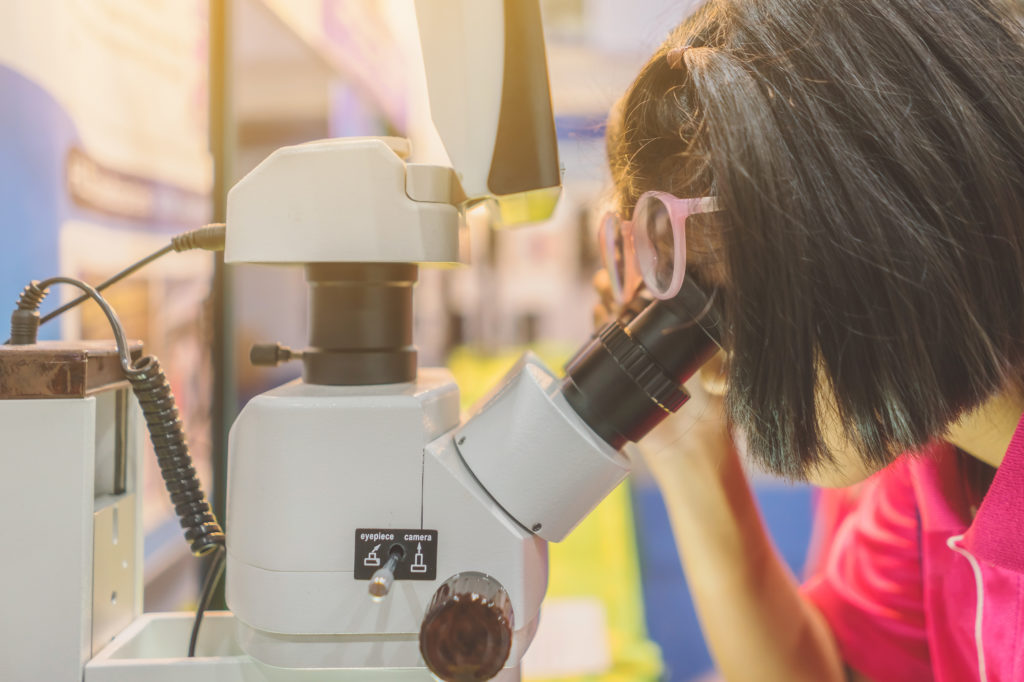Inquiry-based Learning Helps Improve Test Scores

Teaching kids math and science through inquiry and problem-based learning can help them while they are in elementary school, and throughout life. An international study conducted by economists Rosangela Bando, Emma Naslund-Hadley and Paul Gertler included ten field experiments in Argentina, Belize, Paraguay, and Peru studying over 17,000 students.
Inquiry-based learning involves students working as a team to solve real-life problems or answer questions with data they have collected themselves. Teachers serve more as mentors instead of instructors where they explain and demonstrate lessons. Selected 3rd and 4th grade classrooms were randomly assigned to receive either problem-based instruction or traditional instructional methods in math and science. The researchers then compared the standardized test scores of students after several months of each method.
The results showed that there was an increase of mathematics and science scores by 0.18 and 0.14 standard deviations, respectively. These numbers increased to 0.39 and 0.23 standard deviations after four years.
Teaching engineering with hands-on experiences can be easy and fun, even if you don’t have an engineering background yourself! Let IEEE TryEngineering help you add engaging engineering concepts into your curriculum. Our database of resources is peer reviewed, with lesson plans and strategies made by teachers like you.















